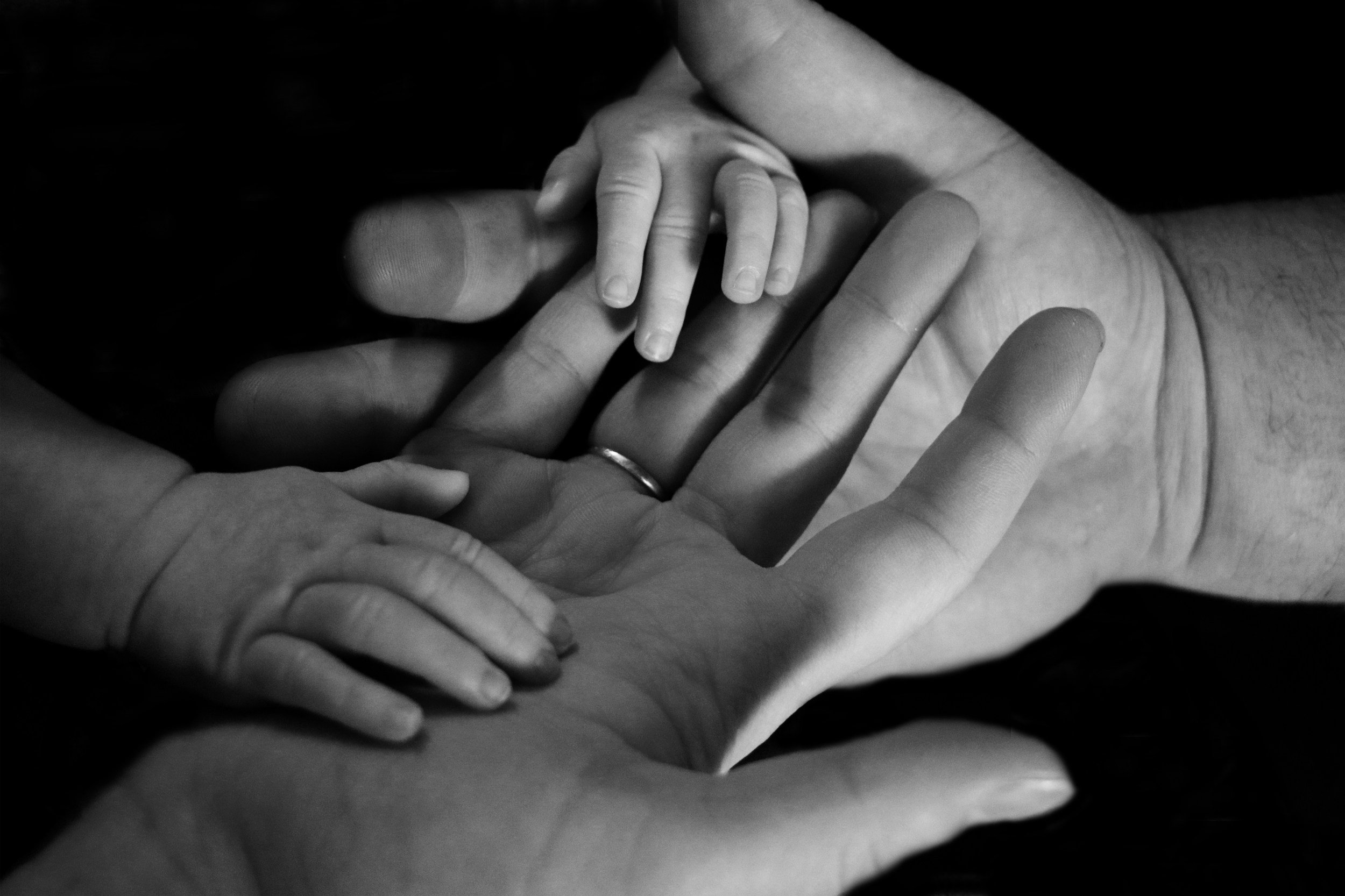Raw Trust
When reading the scriptures, it becomes apparent that a decision to trust God, like a common thread, defines the outcome of the most memorable stories; these are the moments that we recall when our circumstances require the same resolve. We turn the pages of our Bibles, reading the accounts of men and women who experienced God's intervention when all hope seemed lost, and we aspire to display similar reliance on Him when darker days come; but what does it look like to trust God in the face of impossibility?
The retelling of one particular event in Jesus' ministry reveals some of the tell-tale signs of that raw, often unrefined trust, that throws caution to the wind and realises the potential of God's power.
The account of Jesus and Peter walking on water begins with Jesus giving his disciples directions.
“Jesus quickly made his disciples get into a boat and cross to the other side ahead of him while he sent the people away.”
The first thing we notice is this: the disciples were following Jesus directions. Other translations say He "constrained" them, implying He gave them this instruction with some force and urgency.
In following their Master's instructions, the disciples find themselves in the midst of a storm.
“The boat, now hundreds of yards from shore, was being thrown around by the waves because it was going against the wind.
”
1. Sometimes, even when we are following Jesus and His directions for our life, we will pass through times of trouble, challenge, and uncertainty. The disciples were in the midst of being obedient when the wind and the waves turned against them. It seems then that poor circumstances are not always an indicator that we are missing God; sometimes, they reveal that we are right where He asked us to be.
The story continues,
“Between three and six o’clock in the morning, he came to them. He was walking on the sea. When the disciples saw him walking on the sea, they were terrified. They said, “It’s a ghost!” and began to scream because they were afraid.
”
2. Jesus saw them and came to them. When He arrived, their response was surprising; for some reason, these grown men jumped to the conclusion that Jesus was a ghost and started crying out in fear. Not a logical conclusion: in the middle of their struggle, they mistook the arrival of God on the scene to be yet another problem. In the case of many people today, their circumstance causes them to respond strangely to both their situation and to God's intervention. For some people, this might be due to the belief that God is the instigator of their problem, when in fact He is waiting expectantly for an opportunity to deliver them. In the case of the disciples, Jesus needed to make His intention's clear.
“Immediately, Jesus said, “Calm down! It’s me. Don’t be afraid!”
3. Without hesitation, Jesus addresses the source of the delusion: fear. All throughout His ministry, Jesus told His followers and the public to refuse to be afraid. This reveals that He was opposed to fear's interference in the lives of His people, and in this case, He directly opposed the fearful response His disciples were displaying. At this moment, Peter replies to Jesus, and his words are unique and challenging.
“Peter answered, “Lord, if it is you, order me to come to you on the water.” Jesus said, “Come!” So Peter got out of the boat and walked on the water toward Jesus.
”
4. Perhaps the most striking part of the exchange is Peter's request: rather than asking Jesus to calm the storm and rescue them, He asks for Jesus to command him to do something impossible. Jesus' response is also interesting: He acknowledges and affirms Peter's request. Peter quickly becomes the only other person in the Bible to walk on water.
It's challenging to think that many of us pray something to the effect of "God, do something", but in this example, Peter asks Jesus "tell me to do something", not to mention that the thing he asks to do is to walk on water. Peter asks for impossibility. That kind of trust seems uncommon today, where in the midst of struggle someone could look at Jesus and say "I want you to ask me to do something even more impossible." I believe that this audacious request on Peter's part is what provided the occasion for him to join Jesus on the water; that level of trust brought him toward where Jesus was and caused him to accomplish something that he had no human ability to do.
Before long, Peter becomes distracted by his surroundings, but even in the midst of failure, he continues to demonstrate his trust in Jesus.
“But when he noticed how strong the wind was, he became afraid and started to sink. He shouted, “Lord, save me!” Immediately, Jesus reached out, caught hold of him, and said, “You have so little faith! Why did you doubt?
”
5. When Peter realises that he is sinking (which if you think about it is still impossible; no one begins to sink), he responds appropriately. He calls out to Jesus. Instead of making any attempt to flounder, swim, or regain his footing, He reaches for Jesus. His trust had brought Him close to Jesus, and as a result, Peter reached for that which was close to him. It's comforting that this account of the story tells us that Jesus caught him immediately. We know that God has promised to be with us at all times and that He has made provisions for our protection. This story beautifully illustrates the way that Jesus can and will intervene when we call on Him.
Finally, Jesus helps Peter return to the boat, and the storm subsides.
“When they got into the boat, the wind stopped blowing. The men in the boat bowed down in front of Jesus and said, “You are truly the Son of God.
”
6. Jesus calms storms. We know that to be true, but in this scripture, we can see that when the winds disappear, Jesus disciples worship Him, recognising who He was. Only Peter interacted with Jesus during the storm, and only Peter walked on water. Peter demonstrated a raw trust that yielded results beyond natural means. Peter had what Jesus considered to be a little faith, but he had just used it to accomplish the impossible.
From this small passage, we can see that though we are following God's lead, we will sometimes run into opposition. In the midst of it, we can either allow our perspective to produce fear, or to fix our attention on Jesus in faith. Like Peter, we can choose to ask God to help us do the impossible, instead of pleading for a bail-out. If we do this, I believe that opens the door for us to have our own "walking on water" experiences, that bring us closer to where Jesus is, and allow us to see Him for who He is through the best and the worst of times.


